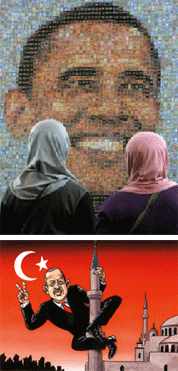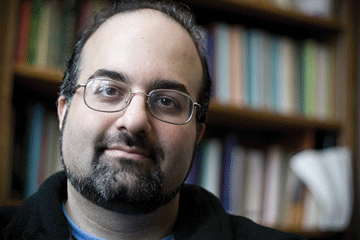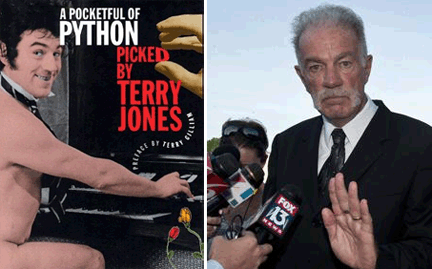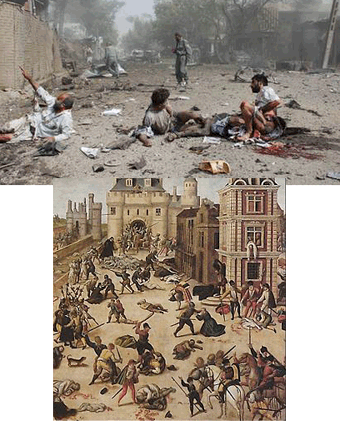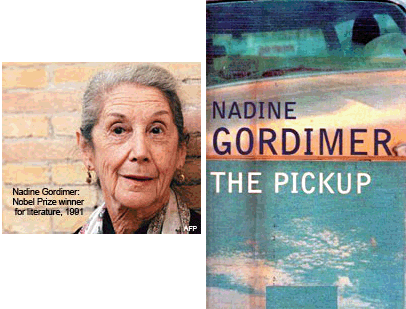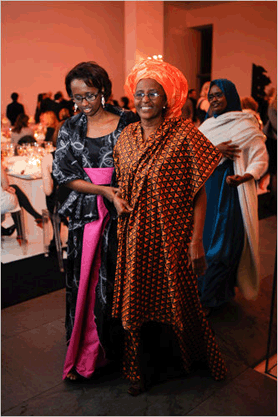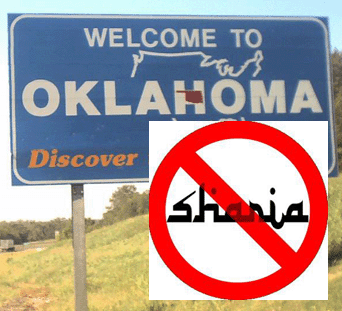
Congressman Peter King
“Today, I Am a Muslim Too” Rally
Time : Sunday, March 6 · 2:00pm – 5:30pm
Location : Times Square, New York, 7th Avenue at 42nd Street, New York, NY
Take the 1/2/3/7/A/C/E/N/R/Q/Shuttle trains to 42nd Street – Times Square. Check MTA for planned service changes: http://tripplanner.mta.info/_start.aspx
In response to the March 8th congressional hearings dubbed “The Radicalization of Muslim communities in America†led by Congressman Peter King (R-LI), members of diverse faith communities throughout New York City will join in unity and support of American Muslims.
Stand with us on March 6th to show Congress that we are all together, that we share friendship and trust and cannot be divided. Such hearings will send the wrong message, alienating American Muslims instead of partnering with them, and potentially put lives at risk by stirring up fear and hatred.
Thanks to all who are supporting the event, the list is below: Continue reading “Today, I Am a Muslim Too” Rally
